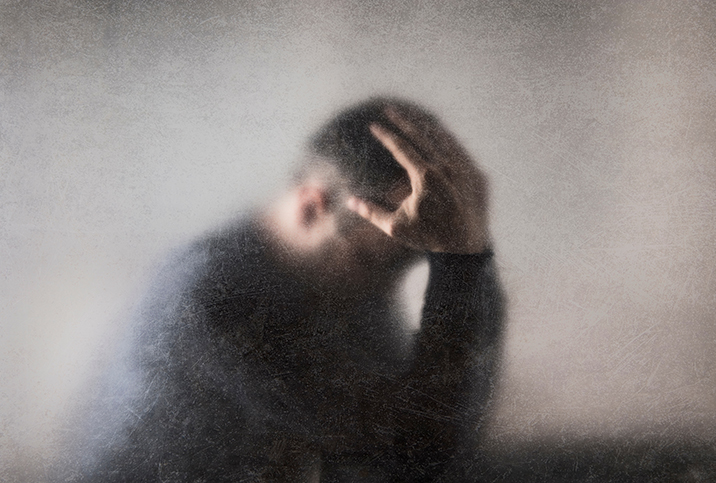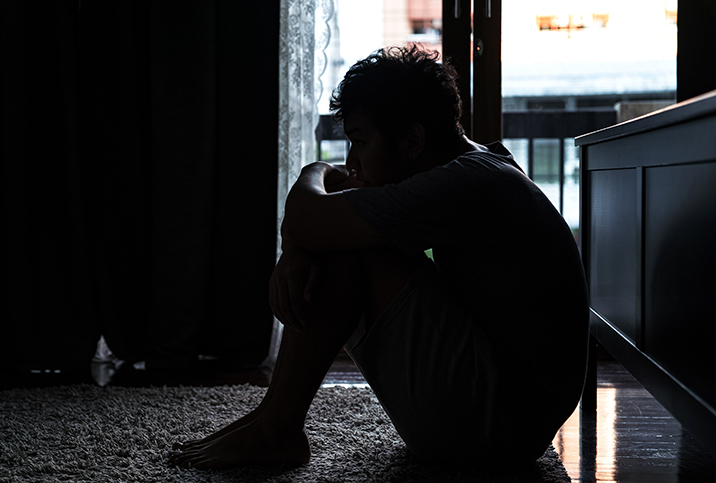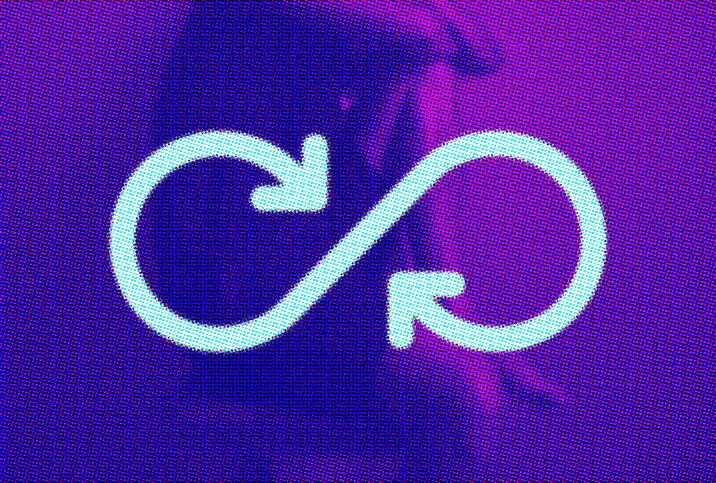The Signs of Depression You Shouldn't Ignore

When we think of depression, we typically think of someone who can't get out of bed, cries frequently and has suicidal thoughts. While these are symptoms of severe and debilitating depression, this condition is often far more subtle. Depression affects 6.7 percent of American adults (about 16.1 million), and there are less obvious signs that we shouldn't ignore.
The symptoms of depression
Though symptoms will differ for everyone, depression is generally defined as a depressed mood with changes in lifestyle or personality that interfere with normal daily activities. The vagueness of this definition leads many people to self-diagnose their symptoms as signs of a temporary rut or anxiety.
However, paying closer attention to the changes you experience can reveal clear signs of depression:
- Sleep disturbances: Insomnia is caused by many factors, but when it becomes chronic, this can often be a symptom of an undiagnosed mental health condition, which can manifest as difficulty falling asleep or staying asleep or disturbing dreams. Depression can also manifest as sleeping too much or feeling like you haven't slept enough.
- Lack of interest in hobbies: While it's natural for passions to change over time, when you no longer find joy in daily activities or the idea of participating seems like too much work, you should consider whether chronic depression might be the cause.
- Feeling on edge: For many people, anxiety and depression go hand in hand, which can lead to misdiagnosis. If you frequently feel on edge and have been diagnosed with anxiety, it's important to also be screened for depression because chronic depression can be brought on by anxiety. Feeling on edge also may interfere with your ability to focus.
- Dark or morbid thoughts: With depression often comes thoughts of suicide. Even if this contemplation is not serious enough to act on, it's important to monitor your thoughts and ensure that suicidal impulses are not taking hold.
- Eating habits: Changes in appetite may occur in people suffering from depression.
These are just some of the many possible signs of depression. It can manifest in many ways, so it's important to regularly check in with yourself and take note of any emotional changes. If you or a loved one experience even one of these symptoms, it's crucial to take them seriously, especially if thoughts of death or suicide are present. If you are considering suicide, please call the National Suicide Prevention Lifeline at 1-800-273-8255.
Health impacts of depression
Seeking treatment is essential to overcoming depression. As with any other medical condition, ignoring the symptoms will not make the condition go away. While the obvious effects involve mental and emotional health, lasting impacts of untreated depression include dramatic changes to daily life, such as job loss, relationship problems and the inability to function or cope with everyday problems. These impacts will worsen the severity and prolong the course of depression.
As researchers continue to investigate the lasting effects of depression, it's believed that untreated depression can permanently change your brain chemistry. More recent studies show that this change in brain chemistry may increase your chances of developing a degenerative brain condition later in life. Some of the most startling conclusions indicate an increased risk of Alzheimer's disease and Parkinson's disease. Fortunately, treating your depression can lower these risk factors and give you a sense of control over your mental health.
Finding effective treatments
The most effective treatments for depression come from a combined approach that can include medication, talk therapy and lifestyle changes.
- Medications: While some medications can come with difficult side effects, antidepressants have proven effective and safe for many people struggling with depression.
- Talk therapy: Depression can often be exacerbated by the inability to cope with life events, and working with a counselor can help you learn to cope with these challenges.
- Natural interventions: A regular practice of guided meditation, exercise, image therapy, yoga or herbal treatments can have lasting positive impacts on the symptoms of depression.
The key to finding the right treatment for your depression is to not do it alone. While there is no one-size-fits-all treatment for depression, your success depends on the support of a licensed medical professional who can accurately diagnose and monitor your mental health.
While many people are able to find relief, living with depression is often a lifelong experience. As you work to find balance and control, it's important to remember that every step you take to address your depression is one step closer to recovery.


















